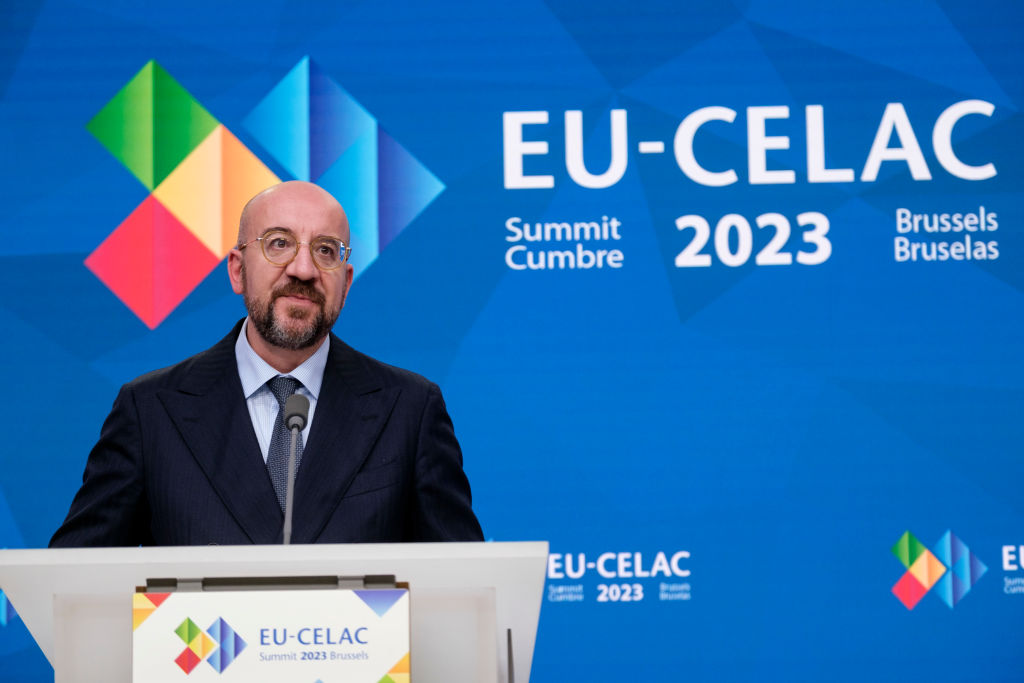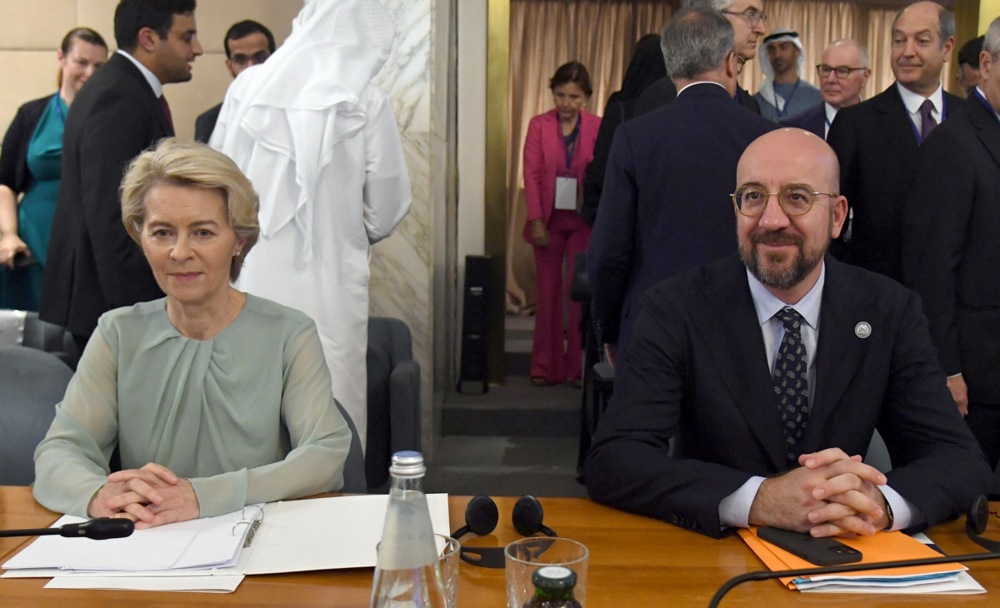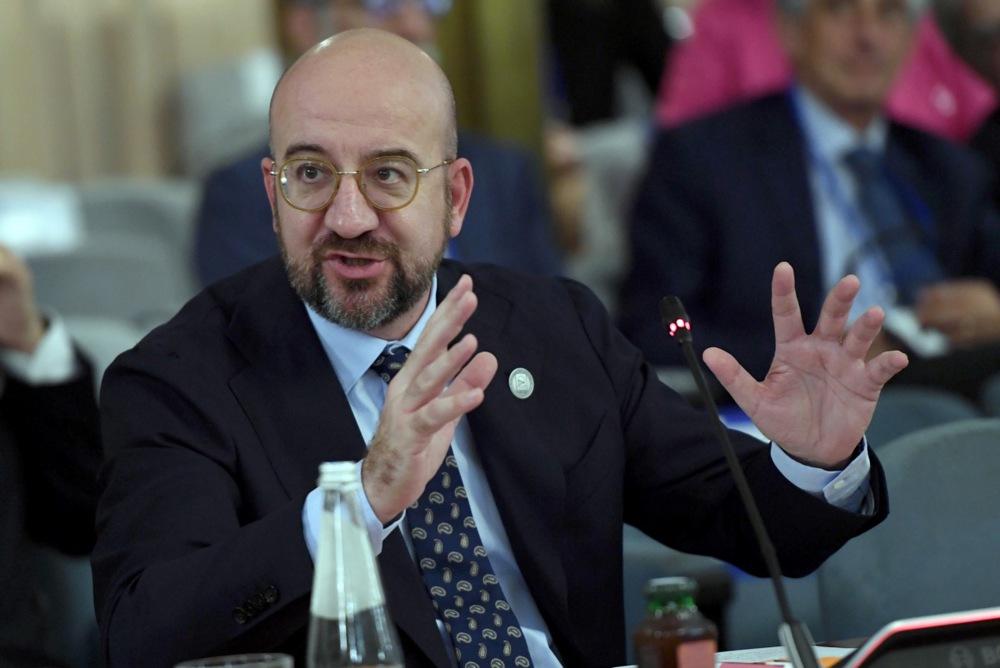Charles Michel, President of the European Council, will not stand in the European Parliament elections 2024 for his Belgian Reformist Movement party and will instead serve his full term as Council chief.
His decision on January 26 marks a painful U-turn, seemingly prompted by him being widely derided as an “opportunist”.
The twist comes just days ahead of a special summit in Brussels on February 1, where the tricky topic of extra financial aid to Ukraine will be on the table.
What was slated as “opportune” back trouble had already enabled him to dodge a “tough” plenary debate in the Parliament on January 17.
Pressure and criticism of Michel had been mounting and on the evening of January 26, he published a lengthy post on Facebook, referring to his 30 years in politics.
“I welcome all political criticism and legitimate arguments,” he said.
“Naturally, every situation has several possible viewpoints. But personal attacks are increasingly taking precedence over factual arguments.
“I believe this distorts objective democratic discourse. On a personal level, it brings me to reflect on the meaning and impact of my electoral commitment to which I have dedicated 30 years of my life, not only for me but also for those close to me,” he stated.
“The European Union’s democratic deficit is often raised.
“In my view, democracy means legitimacy. For a politician, election by universal suffrage is the key to this legitimacy.”
He continued: “In June, the European Parliament elections will mark the beginning of the political end of this institutional cycle and the start of the transition to the new European term of office in the second half of the year.”
Michel went on to state: “Europe has always held a special place in my heart” and that it seemed natural “to put myself before the voters to promote and defend the European project”.
“My choice has given rise to intense media attention and speculation. I had foreseen some of it, given the unprecedented – some would say bold – nature of my approach. This has also led to extreme reactions – not within the European Council but outside it.
He concluded: “I don’t want this decision to distract us from our mission or undermine this institution and our European project nor be misused in any way to divide the European Council, which I believe must work tirelessly for European unity.”
Michel will now continue to serve as council head until his role expires at the end of November.
That follows the European elections in June, which will also determine the new president of the European Commission, and discussions on a successor may well already be underway.
Should Michel have decided not to remain in post, Hungarian Prime Minister Viktor Orbán, long opposed to the decision to approve a €50 billion aid package for Kyiv, could have become temporary council president. That prospect was much to the chagrin of many of the European elites.
Some observers postulate that he was “forced” to change course, given an apparent lack of consultation over his previous plans with European leaders beforehand.
That, they say, might have made a significant difference.
Michel declared he is now “reflecting on the nature and direction of my future commitments” after his council term comes to a finish.
EXCLUSIVE Footage Of MEPs Hearing They Won’t Have To Work With Charles Michel For The Next Five Years pic.twitter.com/TaCpM0OLvx
— Le Chou News (@LeChouNews) January 26, 2024





